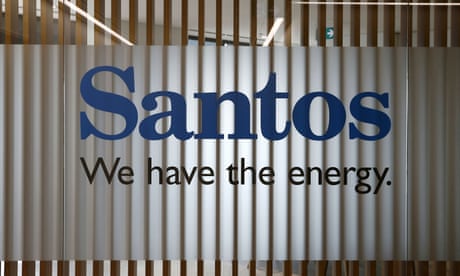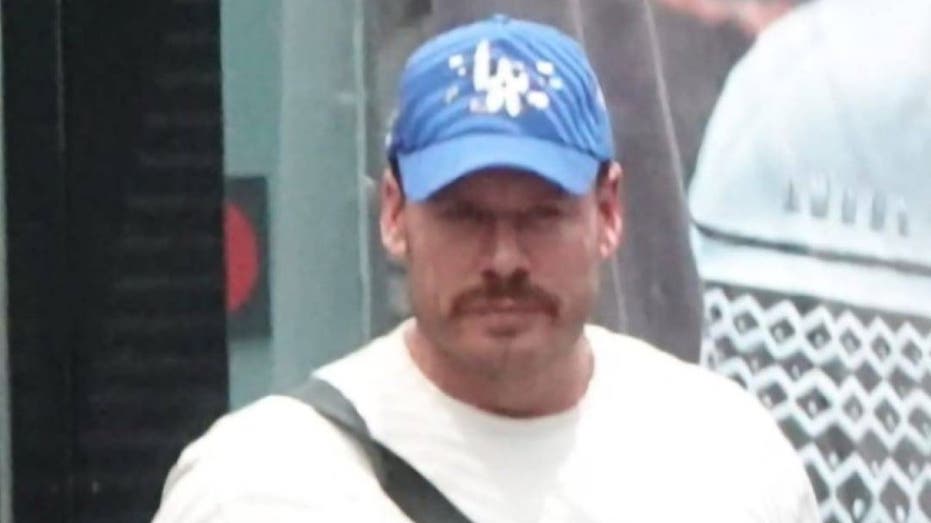- by foxnews
- 07 Mar 2025
Santos was ‘cavalier’ over Beetaloo Basin fracking expansion, court told
Santos was ‘cavalier’ over Beetaloo Basin fracking expansion, court told
- by theguardian
- 12 Jan 2022
- in news

Santos has been accused of failing Indigenous groups and treating one of the country's biggest landholders with a "cavalier attitude" as it faces court action over a proposed expansion of its fracking operations in the Beetaloo Basin.
Fracking in the Beetaloo Basin is being accelerated as part of the Morrison government's gas-led recovery plan, and several companies, including gas giant Santos, are currently seeking to exploit the area's natural resources.
But Santos has met well-resourced opposition in the Northern Territory supreme court from Rallen Australia, a company linked to the wealthy Ravazzotti and Langenhoven families, which owns huge swathes of land in the area through pastoral leases.
The company has accused Santos of failing to meet strict obligations to disclose the proposed drilling of two additional horizontal wells on its land at Tanumbirini Station, near Daly Waters, in 2020, an expansion not allowed for under its existing environmental management plan.
"At the very fundamental level, what this case is about is a cavalier attitude by a listed Australian public company to important disclosure regulations imposed on it by regulations designed to balance the interests of the miners and landholders," Rallen's barrister, Marcus Pesman SC, told the court this week.
The court heard the company initially tried to convince the NT's environment department it did not need to revise its environmental management plan to account for the two new wells.
But the department disagreed, saying the new wells posed a "significant" and new environmental risk. It told the gas giant to lodge an amended environmental plan, which it did.
Despite having been told of the added risk, Santos allegedly did not tell Rallen, despite what Rallen says was a legal obligation to do so.
"And what we would be saying to your honour, ultimately, is that any responsible corporate actor, having received this correspondence from the department saying the new activity you intend to undertake contains significant environmental risks, would have communicated those risks to Rallen," Pesman said.
Santos responded by saying Rallen, a well-resourced and sophisticated company, could reasonably have been assumed to have known about the revised plan.
That drew a sharp response from Justice Judith Kelly, who said: "But how on Earth is anybody supposed to comply with a requirement to give a stakeholder information about the regulated activity that the interest holder proposes to carry out, the locations where it's - this is very specific - where it's proposed to carry out the activity; and, importantly, the anticipated environmental impacts and environmental risks of the activity, and the proposed environmental outcomes in relation to the activity, and the possible consequences of that activity, if you don't tell them?"
The hearing is continuing this week.
Outside court, the Nurrdalinji Native Title Aboriginal Corporation also accused Santos of not properly informing traditional owners about the expansion.
Johnny Wilson, the group's chair, said Santos was stopping traditional owners from "knowing the true story what is happening on country".
"It's not just the pastoralists that Santos is failing to properly consult with, it's also our people," Wilson said.
"Fracking wells risk the water systems that connect our country and people together. Our songlines go through these waters. We have a heavy heart thinking about what will happen if things go wrong when Santos does its mining."
Nurrdalinji is a recently formed group and says it includes traditional owners from Tanumbirini.
The Northern Land Council is the relevant statutory authority under the Native Title Act empowered to speak on behalf of traditional owners.
Santos said it could not comment while court proceedings were ongoing.
- by foxnews
- descember 09, 2016
Virgin Mary sculpture standing nearly 200 feet set to be tallest religious statue in the world
A Virgin Mary statue is being built in Poland and it may be the world's tallest religious statue once construction is completed. The build will stand nearly 200 feet.
read more


